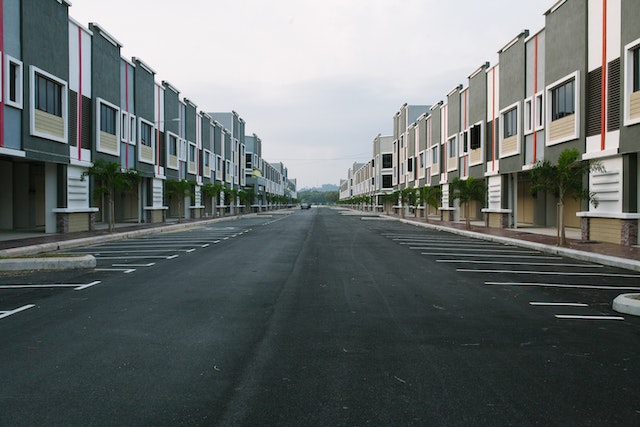
Living in a Florida condominium or homeowners association (HOA) community comes with many benefits, such as shared amenities, uniform property standards, and a sense of neighborhood pride. However, those perks also come with a long list of rules and regulations. Most residents understand the importance of community guidelines, but sometimes questions arise about how fairly and consistently those rules are enforced. Continue reading and reach out to our seasoned Florida condo and homeowner association lawyers to learn about what’s considered reasonable enforcement of HOA rules and how Ansbacher Law can help. Here are some of the questions you may have:
What does “reasonable enforcement” really mean in this context?
In legal terms, “reasonable enforcement” is generally understood as enforcement that is consistent, non-discriminatory, and grounded in the actual provisions of the governing documents. But for residents, the term can feel vague. That’s because it is. What’s reasonable in one situation may not be in another. For example, if a homeowner parks a commercial vehicle in their driveway in violation of HOA rules, and the board issues a warning, that’s likely reasonable. But if another homeowner commits the same violation and is fined without any prior notice, that uneven approach could lead to allegations of selective enforcement.
Reasonableness is not just about whether the rules are enforced, but how they are enforced. Are residents given proper notice? Are they allowed to correct the violation? Are fines or penalties proportionate to the issue? If the answer to these questions is no, the enforcement could be considered unreasonable and, in some cases, unlawful.
Can an HOA enforce all rules at any time?
HOAs in Florida do have legal authority to enforce rules, but there are limits. Enforcement must align with the association’s governing documents, such as the declaration of covenants, bylaws, and any adopted rules and regulations. Importantly, Florida courts have held that associations must enforce rules uniformly. If a rule has gone unenforced for years, suddenly cracking down on one homeowner without addressing others may not hold up in court. This concept is known as “waiver” or “estoppel.”
Also, boards must act within their scope of power. They cannot impose new restrictions without properly amending governing documents or without following required procedures. Trying to enforce an unrecorded or improperly adopted rule can backfire quickly, opening the door to legal issues.
What can residents do if they feel targeted or mistreated?
Homeowners who believe they are being unfairly treated by their HOA or condo board have several options. First, it’s often wise to document all communications and violations. Keeping a record can be useful if the matter escalates. Many disputes can be resolved through direct communication, so reaching out to the board or management company with a calm and clear explanation of concerns may lead to a reasonable solution.
If informal resolution isn’t possible, residents may seek mediation or arbitration under Florida law. In more serious cases, filing a formal complaint with the Florida Department of Business and Professional Regulation (DBPR) or pursuing legal action through an attorney may be necessary. Reaching out to a Florida HOA attorney can help residents understand their rights and determine the best course of action.
If you have additional questions or would like to speak with a lawyer about your case, simply contact Ansbacher Law today.
